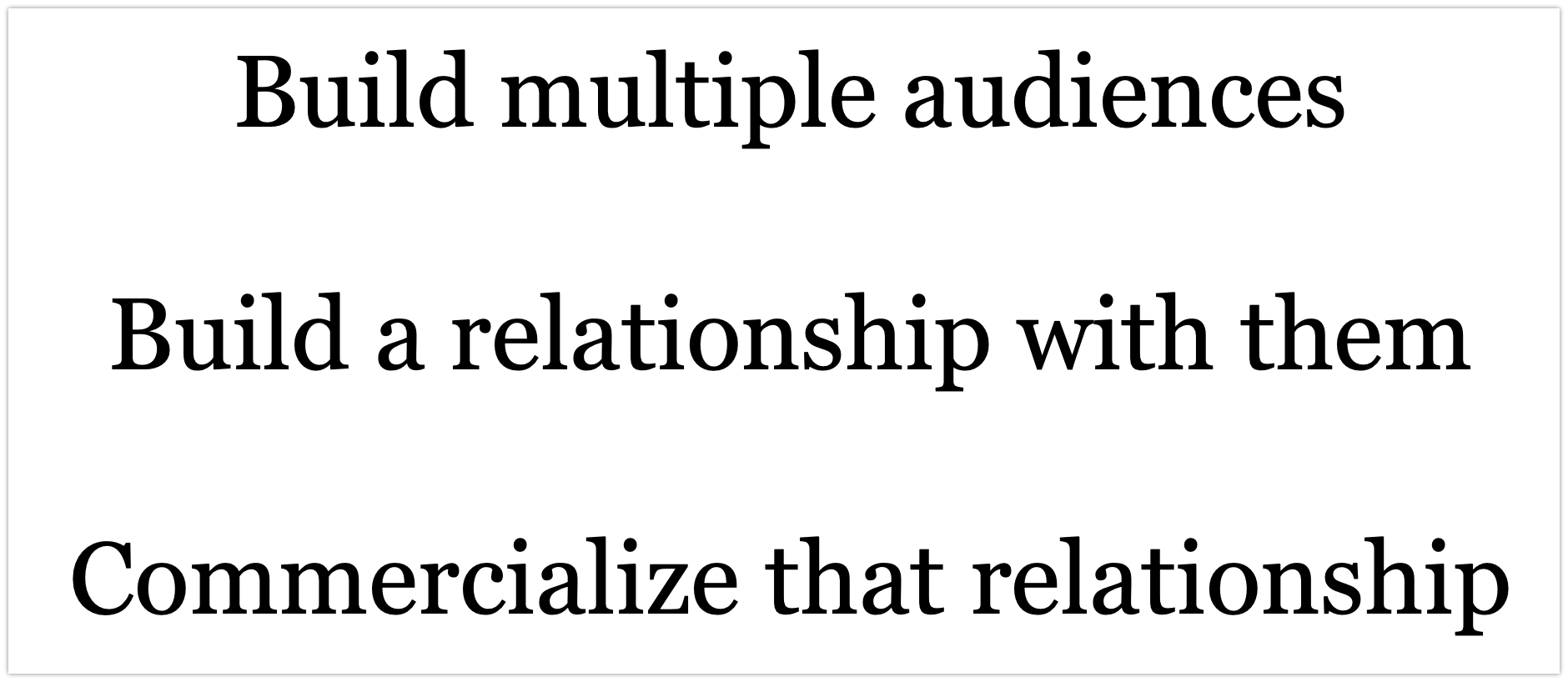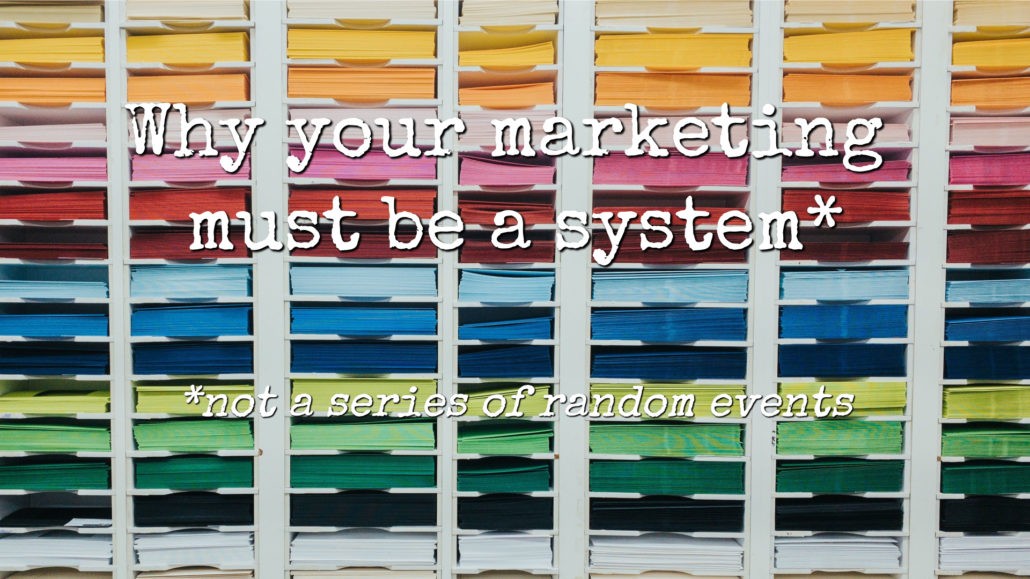Could an AI robodialler be a smart add to your marketing toolkit? I tested one... its not ready for marketing yet, but could work for inbound helpdesk calls
I'm a big fan of MSPs making outbound phone calls. It's the entire third step of my simple MSP marketing strategy:

Why? Because one of the biggest marketing problems you have is reaching the right person, at the right time, with the right message. You want to be there the very moment they are feeling negative about their incumbent MSP.
That would be very lucky timing, right? 😃
Actually... I don't believe in luck. I believe in being prepared and taking action.
The easiest way to get lucky is to make 50 outbound phone calls to your audiences every day. This is how you stack the odds in your favour.
Keep picking up the phone, asking open questions about the business and their technology, and at least once a week you should get lucky with someone saying "it's so weird you called, because..."
Side note: I explore this in more detail here.
So here's an interesting question... seeing as finding someone to make outbound calls can be difficult... and many telemarketing agencies overdeliver for the first 2 months, then underdeliver for the rest of time 🙄... should you use an AI robodialler to make outbound calls?
My answer today is NO. But I expect this to change in the years ahead.
This answer is based on a couple of months of my business using an AI robodialler.
We signed up to Voxia after seeing it featured in a marketing newsletter. There are alternatives of course.
We gave the AI agent:
-
A desired flow and outcome for the call
-
Specific phrases to use if possible
-
FAQs with answers
-
And a Calendly to book appointments in
Its mission was to call MSPs in the US and try to book them a 15 minute Zoom with my colleague Ben to talk about the MSP Marketing Edge. So it wasn't doing any selling as such; its job was just qualifying people and setting appointments.
It was very very clever and very adaptable. One MSP said his perfect clients were on Sesame Street, and it kept making humorous references to that for the rest of the call.
But I'll be honest... it didn't work for us. Here's why:
-
The delay was slightly too long: The AI would ask a question, the human would reply and the gap before the AI spoke again was a fraction too long. Lots of humans started talking again, which then fractured the conversation. In recordings, we could hear humans losing interest. I know the physics of AI calling make this hard but expect this problem to vanish in the years ahead. Maybe the AI will predict and pre-prepare dozens of possible answers based on the first few words the human is saying... or start talking a fraction before we've finished speaking so it feels like a natural conversation.
-
People quickly spotted it was an AI: Perhaps because of the delay or something else that didn't feel quite right (it's hard to pinpoint what makes for uncanny valley as it's a feeling not a thought). A surprising number of MSPs asked "are you an AI?". Maybe it's just that MSPs are super smart and looking out for this, whereas normal business owners and managers aren't.
-
During our campaign AI robocallers were banned in the US 🤣
Of course the technology is going to get better and better. It's probably already better than when we tried it at the start of the year.
And maybe a more obvious use of this is not for outbound sales calls. What if every user who called your helpdesk is asked a number of basic questions by the AI (so your technicians don't have to):
-
Tell me what the problem is
-
I'm sorry to hear that. Let's get it sorted for you. Is it just affecting you or anyone else?
-
And is it stopping you getting on with your work or can you work around it for a bit?
Then the AI could either transfer the caller to "their colleague" (a human technician) or log it as a ticket giving the caller a rough expectation of how long it could take to be fixed (based on current ticket levels).
How much technician time could you save by eliminating 80% of phone calls?
How easy would it be to offer this 24/7, with the AI telling callers when humans will be in to fix the problem?
Email me if any PSAs already do this.




